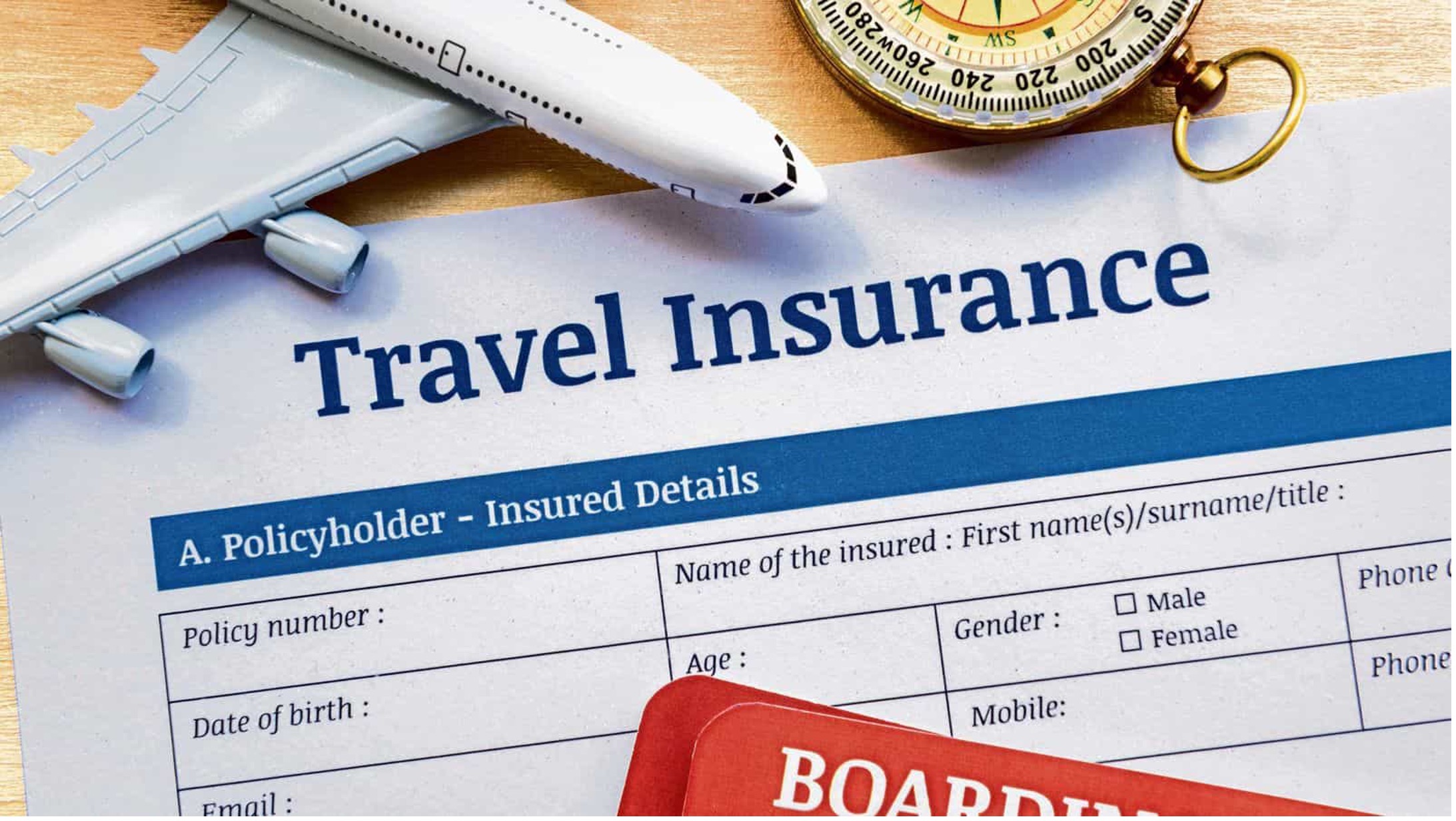Here’s how to file a claim, plus nine pitfalls to avoid.

With delays, cancellations, and lost luggage plaguing airline passengers, not to mention hotels operating over capacity, many travelers are buying travel insurance. But what to do when you have to make a claim? Here’s a brief outline of the process, plus nine common pitfalls to avoid.
Before You Travel
First, read your guide to benefits. It may be long, but it helps to be well-informed of your travel insurance benefits in the event of an unexpected travel incident. There may be multiple guides that cover each type of coverage. Depending on the kind of policy you buy, your coverage may include some or all of the following:
-Trip delay
-Auto rental
-Baggage delay
-Roadside assistance
-Trip cancellation/interruption
-Lost/damaged/stolen luggage
-Emergency assistance services
-Travel accident (injuries/death)
-Emergency medical/dental benefit
-Emergency evacuation and transportation
Second, make sure everyone on your trip is covered. Your spouse and immediate family traveling with you are usually not unless they are named in the policy.
Third, know who to call. Add the claims number to your phone contacts. Also determine if there are other numbers you should know: concierge, benefit administrator, etc.
In The Event Of A Loss
In the event of a travel-related loss, DOCUMENT EVERYTHING. In most states, insureds generally have the burden of proving their claim. The more documentation you have, the better are your chances.
Pitfall #1: Not documenting your loss.
Documenting a loss can include:
-providing your contact information
-keeping copies of all reservations, rental agreements, receipts, emails, text messages, app notifications, etc.
-photographing/videoing damage to luggage or a rented vehicle (it’s useful to have “before” shots as well)
-compiling a list of damaged, lost, or stolen items (again, pre-trip photos are helpful)
-obtaining receipts and records for medical treatment, including letters detailing the inability to travel
-preparing a detailed timeline of events from the beginning of your travel to the time of the loss (and sometimes after)
Filing A Claim
Filing a claim should be done promptly and can generally be done over the phone or online.
Pitfall #2: Not filing a claim promptly.
Contact information and instructions for filing a claim can likely be found in your guide to benefits. You may also be able to call a contact number on your policy.
Pitfall #3: Not seeking advice.
Before filing a large claim, consider speaking with an insurance attorney. He or she can advise whether there’s coverage, highlight key terms and provisions, and even file the claim for you.
Pitfall #4: Saying the wrong thing.
Be careful what you say. When a claim is filed over the phone, the calls are likely recorded. When you file a claim online, all documents submitted are likely saved. It is critical to be truthful and detailed when reporting a claim. Anything you say and the documents you submit can and likely will be used to investigate coverage for your loss. Travel insurance policies are carefully-worded contracts; certain words may trigger or exclude coverage. Many ordinary words are terms of art in the travel insurance context and can carry a different meaning than when used in ordinary conversation. (And these different meanings are not always defined in the policy.)
Claim Process
Once a claim is filed, an investigation will be launched. The coverage investigation will likely be handled by a third-party adjusting company or the insurance company that underwrote the policy, and may include an oral, and likely recorded, statement and submission of documents. This is where a detailed timeline and proper documentation of your claim simplifies and may expedite the claim process.
Pitfall #5: Not submitting documentation.
The claim handler will likely ask you for multiple rounds of documents. It is often best to submit documents as you get them and advise you are working on obtaining the rest.
Pitfall #6: Delaying.
Stay in constant communication with the claim handler. If you can’t get hold of a critical document, you may want to let the claim handler know and ask for help. Sometimes he or she can assist you in obtaining a certain document or let you know it’s not necessary to the investigation.
Pitfall #7: Not following up.
Claims handlers are busy. They may not get back to you for days or even weeks after you submit documents. Follow up! Sometimes being the most persistent insured gets you more attention and your claim resolved quicker. But always be kind and respectful—claims handlers are just doing their job.
Claim Denial
In the event your claim is denied, don’t give up hope. You may be able to file a written appeal.
Pitfall #8: Not appealing claim denials.
A denial is not necessarily final. Ask for (and read!) a denial letter. Maybe the insurance company missed a key piece of information or documentation. Or maybe its facts are inaccurate. You can’t know unless you read the denial letter.
If you disagree with a denial letter, arrange a call to discuss it. Remain calm and polite, but ask questions, present additional evidence (proper documentation is key), and inquire if the decision can be reversed or further investigated.
Insurance companies can be large and have many levels of claims handlers. If your initial claim handler is not budging, ask to speak with his or her superior. If verbal discussions and/or submitting additional information and documents do not get you anywhere, you may file a written appeal.
Appeals may be handled by a different claims handler or department and could result in a different outcome. You will never know unless you try.
Pitfall #9: Not seeking additional advice.
If you believe your claim was wrongfully denied before or after an appeal, you may want to seek legal advice. Claims handlers are not lawyers, and their interpretation of an insurance policy may not be in accordance with the law of your state.
Insurance attorneys can perform their own analysis of your claim and do the legal research necessary to determine its merits and whether it would be worthwhile to pursue it further via litigation or otherwise. (In a lawsuit, it may be possible to recover more than your out-of-pocket losses if an insurance company acted in bad faith during its handling of your claim.)
Be sure to speak with an attorney who is qualified to handle insurance claims and is licensed to practice law in your state.
Twist’s Take: Avoid these pitfalls to improve your chances of collecting on your travel insurance claim.

